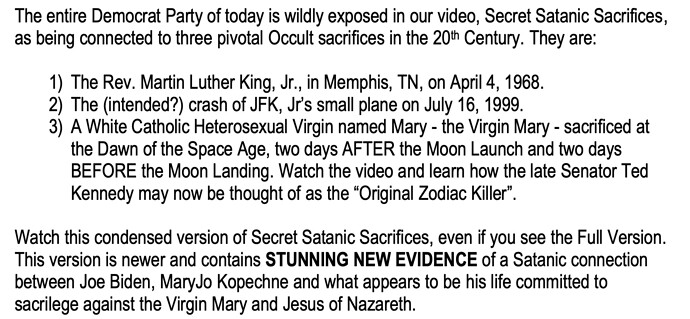this is almost as funny as the rifftrax short i just watched re “The Avengers”, lolz.
The ONLY reason for this suit and the multiple dozens last fall. (I forget the exact number because who f***ing cares how many clowns in the clown car have red noses.)
He’s proT****, right?
Because as much as we’d wish otherwise, he too is all too real and dangerous.
Ben Garrison’s cartoons are so pro Trump they veer into Qanon territory and decide “hey, it’s nice here, we should look into buying a vacation home.”
What a jerk.
The superhero look to Trump’s face just doesn’t work.
Nor his torso with that face, either.
It’s the same as always, grifting through asserting something that doesn’t exist.
“Where would he be without me? I saved his life,” Trump said in an interview with Woolf. “He wouldn’t even be in a law firm. Who would have had him? Nobody. Totally disgraced. Only I saved him.” The ex-president raged on: “I can’t even believe what’s happening. I’m very disappointed in Kavanaugh… In retrospect, he just hasn’t had the courage you need to be a great justice. I’m basing this on more than just the election.”
[I]t appears that someone on the legal team realized that when you file a lawsuit claiming that a federal law is unconstitutional, you have to file a notice of constitutional question, which effectively alerts the DOJ/Attorney General that someone, somewhere is challenging the constitutionality of the law.
Trump has now done so with identical such filings for YouTube, Twitter and Facebook. The notice is as short and sweet as it is ridiculous:
Section 230{c}(1) and 230{c}(2) were deliberately enacted by Congress to induce, encourage, and promote social medial companies to accomplish an objective—the censorship of supposedly “objectionable” but constitutionally protected speech on the Internet—that Congress could not constitutionally accomplish itself.
Congress cannot lawfully induce, encourage or promote private persons to accomplish what it is constitutionally forbidden to accomplish.” Norwood v. Harrison, 413 US 455, 465 (1973).
Section 230{c}(2) is therefore unconstitutional on its face, and Section 230{c}(1) is likewise unconstitutional insofar as it has interpreted to immunize social media companies for actions, they take to censor constitutionally protected speech.
I think I found a new favorite gif, which I wouldn’t have had I not felt the need to react to that post - so, thanks!




